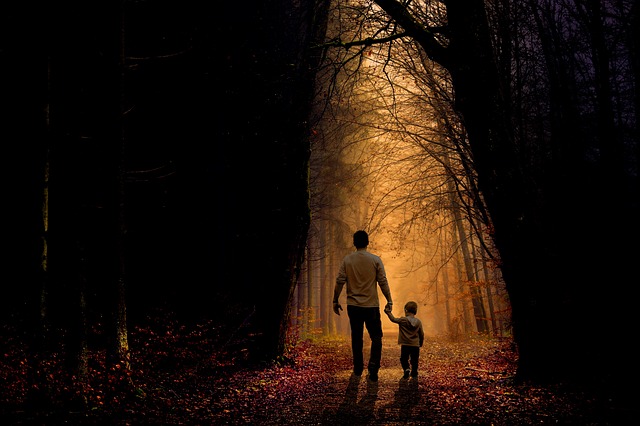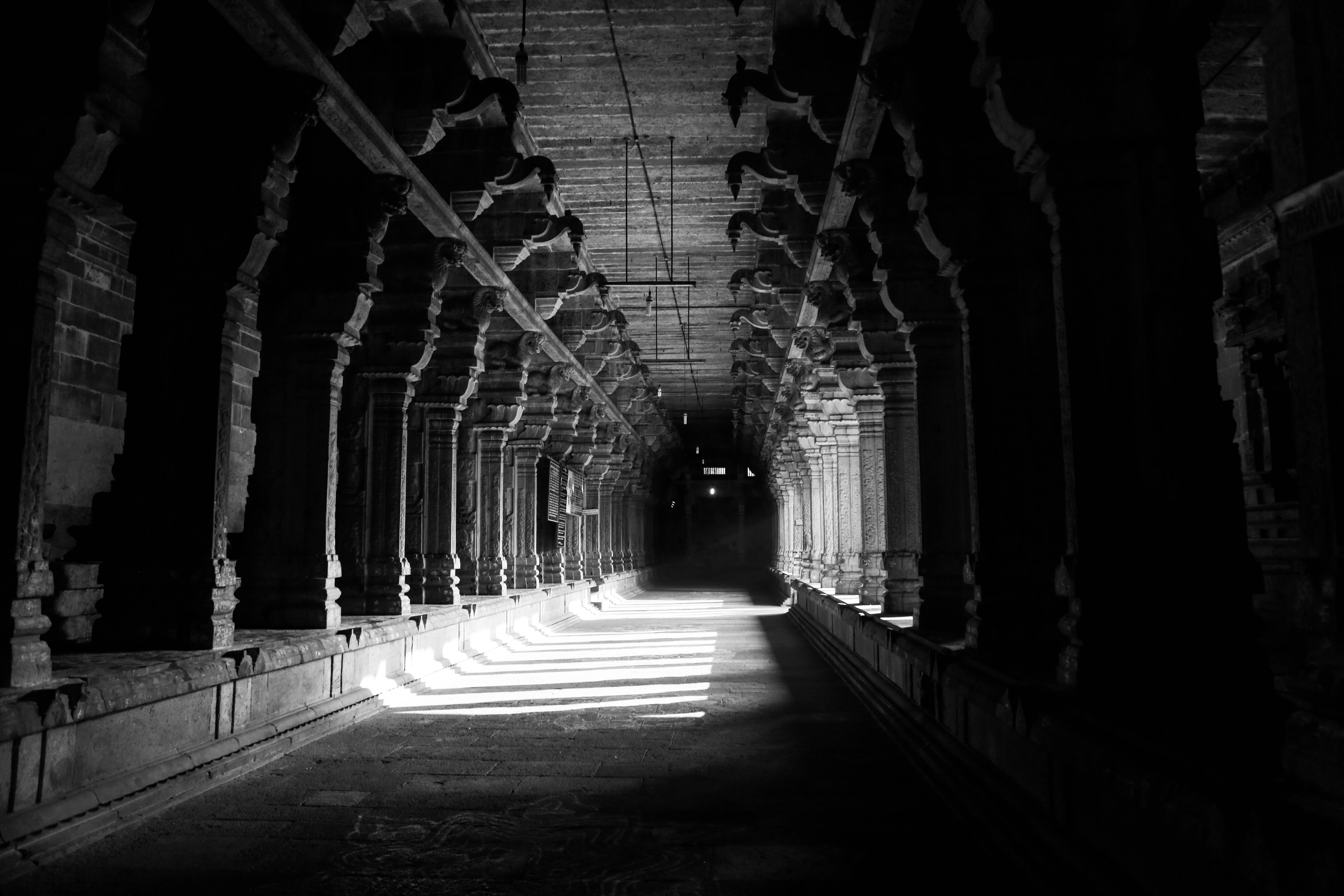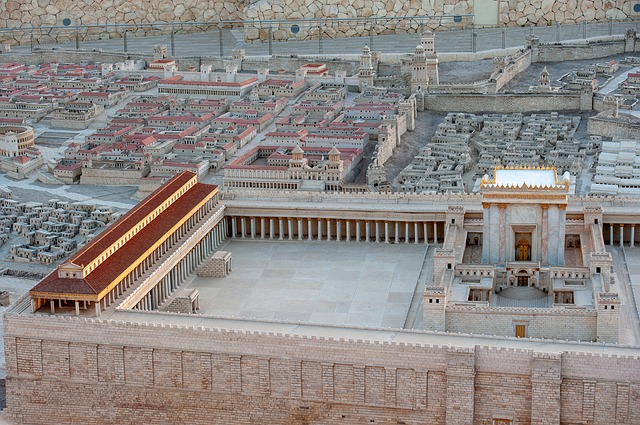16 But Ruth said, “Do not urge me to leave you or to return from following you. For where you go I will go, and where you lodge I will lodge. Your people shall be my people, and your God my God. 17 Where you die I will die, and there will I be buried. May the Lord do so to me and more also if anything but death parts me from you.” – Ruth 1:16-18
Ruth
I am not sure what Ruth looked like, but there is something about her that has attracted people since the book that bears her name was written. We admire her loyalty and self sacrifice. We admire her tenderness and obedience. We respect her commitment and resolve. In addition to these character traits she is also brave. But I think the thing that most attracts us to Ruth can be described by the Hebrew term hesed.
Hesed
Hesed is one of the richest words in the Old Testament yet it’s definition can be somewhat elusive. Many define it simply as loyal love. The word hesed is used three times in the Book of Ruth (1:8, 2:20, & 3:10). Each time the ESV translates the word as “kindness”. But hesed is not simply an act. It is a lifestyle. Hesed is how God relates to us, and how He wants us to relate to Him (Micah 6:8). Unfortunately it is so rare to see lived out. Hence our attraction to Ruth.
Ruth & Hesed
As we have already looked at, Ruth was a Moabite. A people with a shameful heritage. A people steeped in idolatry. A people often bitterly opposed to Israel. Yet here is a Moabite woman living out one of the richest Hebrew words. What a privilege we have in observing her. Her life teaches us the meaning of hesed better than any theologians definition ever could.
After the loss of her husband and both of her sons Naomi was ready to go back to her homeland of Bethlehem. Although it would mean she would be alone, she recommends her widowed daughters-in-law, Ruth and Orpah, to return to their homes and perhaps “start over”. We don’t know how old Ruth was when she married Naomi’s son, but we do know she was married for ten years before her husband died. Ruth and Orpah are each probably in their twenties and can possibly re-marry and settle down among their own people. A noble suggestion on Naomi’s part.
Orpah, responds to Naomi’s suggestion by returning home, Ruth on the other hand makes the famous statement quoted above. In a very beautiful way she affirms Naomi that she will be with her until death separates them. Nice words right? But with Ruth there is action behind the words. There is hesed.
Orpah & Us
Let’s be honest. You and I would have taken the Orpah option. We would have gone back to the comforts of our own homes and stayed among our own people and worshiped the god(s) of our childhood. Orpah’s decision is “natural”. She does what Naomi requests of her. She isn’t criticized for her decision. She does what is “expected”. She does what is “ordinary”. But not Ruth.
Ruth says she is not going to go back and rejoin her Moabite family, remarry and live out her life like her contemporaries. No. Ruth does the extraordinary. She does the unexpected. Naomi, I am committed to you and your God. Don’t try to change my mind. We are going to live together. I am going to assimilate into your culture. I am going to embrace your God. We will be buried together. God is my witness, and judge, nothing but death will separate us!!
Hesed. Away to Bethlehem goes Naomi. And Ruth. Orpah parted from Naomi with a kiss. Ruth clung to Naomi. Ordinary takes care of self. Extraordinary sacrifices self.
The Lifestyle of Hesed
Once in Bethlehem, Naomi must be provided for. With no husband or son to care for her, Ruth shows initiative. In loyalty to her mother-in-law Ruth goes out and gleans in the barley fields. She doesn’t worry about the physical labor. She doesn’t worry about the abuse she may take. She doesn’t even worry about her own safety. Such is the character of Ruth. Such is the lifestyle of hesed. Her toil in the barley fields was more than an act of love, it was a form of worship to the God of Naomi she pledged commitment to. How sacred must have been the sweat on her brows?
Hesed & Faith
In the providence of God, Ruth was gleaning in the fields of a man named Boaz, a relative of Naomi. Being a near relative, Naomi sees an opportunity for Boaz to fulfill the role of kinsman redeemer. As such Boaz would not only protect and provide for Naomi and Ruth, but perhaps most importantly to Naomi, he and Ruth might perpetuate Naomi’s family. Accordingly, Naomi asks Ruth to “propose” to Boaz.
Once again, we see hesed lived out in the life of Ruth. If Ruth entertained any plans or hopes of another marriage on her terms, it appears that she sacrifices them for the benefit of Naomi. Despite all of the risks involved and the awkward position she must have been placed in, Ruth agrees to have a nighttime meeting with Boaz at the threshing floor. Not knowing how Boaz would respond, Ruth steps out in love. And Faith.
Hesed & Sacrifice
It appears from the text that Boaz was definitely more of a contemporary of Naomi than Ruth herself. It is possible that Boaz was at least twice the age of Ruth. When Ruth approaches Boaz at the threshing floor, even he comments on her willingness to forgo young men. As a matter of fact, Boaz specifically uses the word hesed. Boaz understands the sacrifices Ruth has made and certainly the sacrifice she is now proposing.
Hesed & Blessing
Boaz agrees to marry Ruth.
As we have already seen, Boaz and Ruth were blessed with a child. A child that not only carried on the family name but also was of the lineage of King David and later Jesus. The hesed of Ruth was blessed by God.
A lifestyle of hesed is not easy. It does not come naturally. It assumes risks. It often entails misunderstandings. It may be met with ostracism or persecution. But it is what God expects. And it is a lifestyle God wants to bless. Unfortunately, it is too rare.
I believe, that if we know one or two “Ruth” in our lifetime we are blessed. We live in an Orpah world. It is so much easier to kiss Naomi on the cheek and move on with our own lives. But the heart of God is moved when we cling to Naomi and die to self.
I challenge you to a lifestyle of hesed. I dare you to be a Ruth. As I mentioned earlier, hesed is deemed to be one of the richest words in the Old Testament, but it is most beautiful when lived out in life. Why settle for ordinary?




